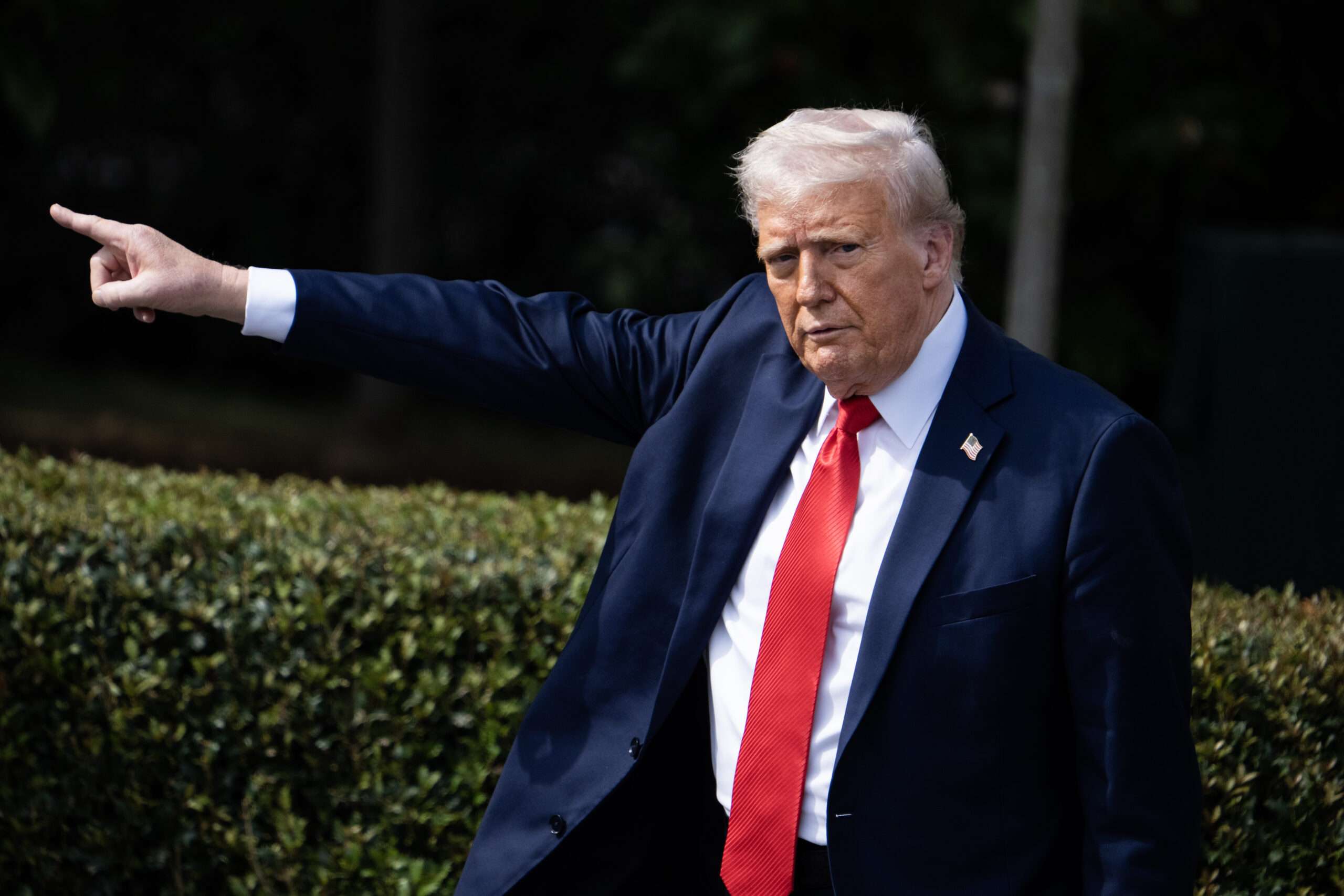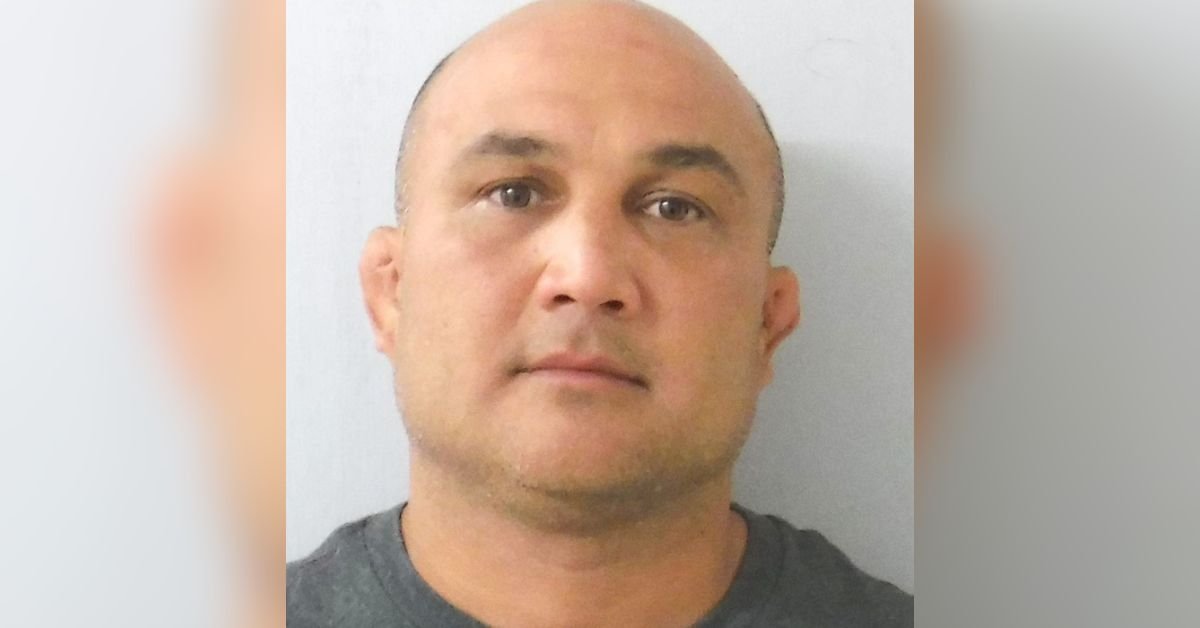
June 12, 2025, 9:40 PM EDT/UpdatedJune 12, 2025, 11:53 PM EDT
By
UPDATE (June 12, 2025 11:48 p.m. E.T.): Late on Thursday night, a panel of the U.S. Court of Appeals for the 9th Circuit temporarily halted Judge Breyer’s order returning control of the California National Guard back to Gov. Gavin Newsom. The panel set a hearing for June 17, with Breyer’s order likely to stay blocked at least until then, pending further word from the court.
A federal judge on Thursday granted a temporary restraining order against President Donald Trump’s deployment of the California National Guard in Los Angeles. U.S. District Judge Charles Breyer deemed Trump’s actions “illegal” and wrote that he “must therefore return control of the California National Guard to the Governor of the State of California forthwith.”
Breyer, sitting in California, issued the order after holding a hearing earlier Thursday, but he put his order on hold until noon Friday. The Trump administration has already filed a notice that it’s appealing his order to the federal appeals court that covers California. The appeal could quickly reach the Supreme Court.
Breyer said his task at this early stage in the litigation was to determine whether the president followed proper procedures.
“He did not,” wrote Breyer (who is the brother of retired Supreme Court Justice Stephen Breyer).
“His actions were illegal,” the judge wrote, “both exceeding the scope of his statutory authority and violating the Tenth Amendment to the United States Constitution.” Breyer wrote that it’s “well-established that the police power is one of the quintessential powers reserved to the states by the Tenth Amendment.”
State officials had argued in an urgent motion Tuesday that the Trump administration’s use of the military and the federalized National Guard for general law enforcement activities “creates imminent harm to State Sovereignty, deprives the State of vital resources, escalates tensions and promotes (rather than quells) civil unrest.”
California officials emphasized that the police — not the military — enforce the law in the United States. They criticized the federal government for seeking to bring the military and a “warrior culture” to American cities and towns. “Now, they have turned their sights on California with devastating consequences, setting a roadmap to follow across the country,” they wrote in their motion for a temporary restraining order. California officials said the protests have largely been peaceful and that when they haven’t been, local and state law enforcement have been able to handle it.
The Trump administration argued that granting a restraining order “would judicially countermand the Commander in Chief’s military directives” and that it would be “unprecedented” and “dangerous.”
California’s restraining order motion Tuesday followed its initial complaintfiled Monday in the same case, against Trump’s invocation of the military authority Saturday. The state said Trump “used a protest that local authorities had under control to make another unprecedented power grab, this time at the cost of the sovereignty of the State of California and in disregard of the authority and role of the Governor as commander-in-chief of the State’s National Guard.”
Subscribe to the Deadline: Legal Newsletter for expert analysis on the top legal stories of the week, including updates from the Supreme Court and developments in the Trump administration’s legal cases.



